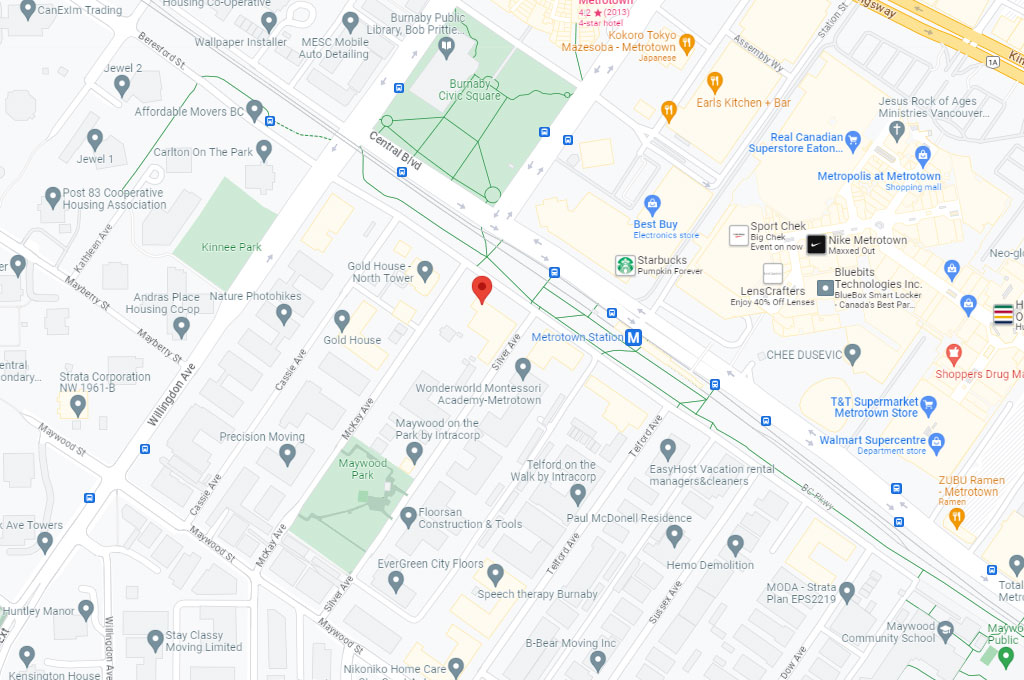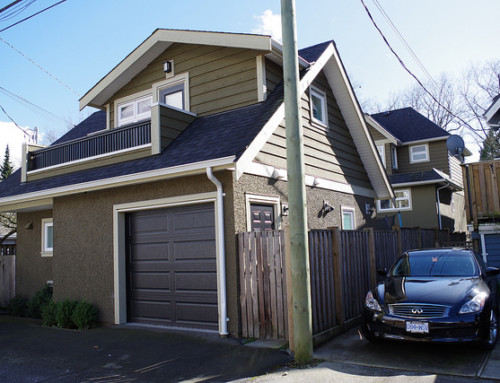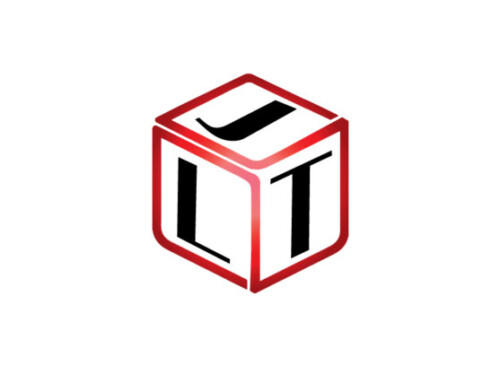In 2018, British Columbia announced The Speculation Tax and Vacancy Tax and it also took effect in 2018. So, in this post we’ll look at the:
- Purpose of the tax
- Properties to which the tax applies
- Taxable regions in which residential properties are affected
- Tax rates you can expect and your mandatory annual declaration
The Speculation Tax is different and separate from the Vancouver Empty Homes Tax. This is important if you’ve got a property in the City of Vancouver.
If you are not clear on your tax obligations or any definitions, it is always a good idea to consult a licensed tax expert. As a chartered professional accountant (CPA), I practice in tax matters related to real estate. You can email or phone me and we can confirm that you are on the right track with your specific tax situation in a brief consult.
The Speculation Tax has three purposes:
- To target foreign and domestic owners who own BC real estate but do not pay income taxes here in BC or even in Canada
- To encourage owners to convert empty homes into long-term residential housing as we all know that the vacancy rate is very low here, especially in Vancouver
- To raise tax revenues that will in turn be used to fund affordable housing initiatives
Tax by type of property and regions
You can expect that ALL residential properties are subject to the tax and also residential properties located within specific taxable regions. These include the cities of Abbotsford, Chilliwack, Kelowna, West Kelowna, Nanaimo and the Districts of Mission and Lantzville. For a complete list including portions of the Capital and Metro Vancouver Regional Districts visit www.gov.bc.ca under the Property Tax tab.
So, let’s talk about the tax rates that are applicable for the Speculation Tax.
In 2018, both Canadian and foreign owners will pay a tax rate of ½ percent on the property’s assessed value. In 2019, however, the tax rate will be a two-tier rate. All Canadian citizens and permanent residents who are not members of a satellite family will pay ½ percent. A rate of 2% will apply as part of the two-tier tax for satellite family members as well as foreign owners. Satellite families and the available exemptions are explained in their own posts or you can hear about it in this video.
Your annual declaration
Each year, each and every homeowner who owns property within taxable regions will receive a letter in the mail and that’s your opportunity to file your annual declaration for an exemption. Each owner needs to make their declaration and it is due by March 31st each year.
If you fail to file, your declaration will trigger taxes that will be payable at the highest rate in 2019 – and later years 2% exceptions of course are claimed when you make your annual declaration. For now, late filings are accepted; however, I wouldn’t be surprised if in future late filings will be subject to some sort of a penalty.
There are many more exemptions. To see if you qualify, check out this video or read about them in more detail in this post.
Are you a satellite family wondering how the taxes apply to you? Find out here (post at https://jltcpa.ca/)
View this post in video form here. Get more videos on tax tips you can use when you subscribe here.
Prefer to read? Sign up here and we’ll send JLT CPA tips on tax matters direct to your inbox.














